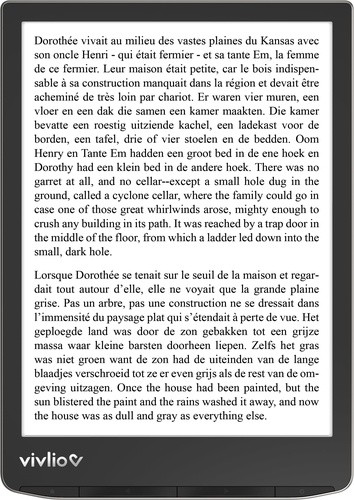En cours de chargement...
In A Treatise on Human Nature, Scottish philosopher David Hume examines the psychological influences on human nature. Taking a naturalistic position, Hume posited that human nature is guided by desire rather than rational thought, and that humans could only have knowledge of those things that they themselves directly experienced. Published in 1738, A Treatise on Human Nature is considered one of the most important philosophical works published, and it became highly influential on later moral philosophy because of Hume's theory of free will as being determined by an individual's own motivation.
HarperTorch brings great works of non-fiction and the dramatic arts to life in digital format, upholding the highest standards in ebook production and celebrating reading in all its forms. Look for more titles in the HarperTorch collection to build your digital library.






